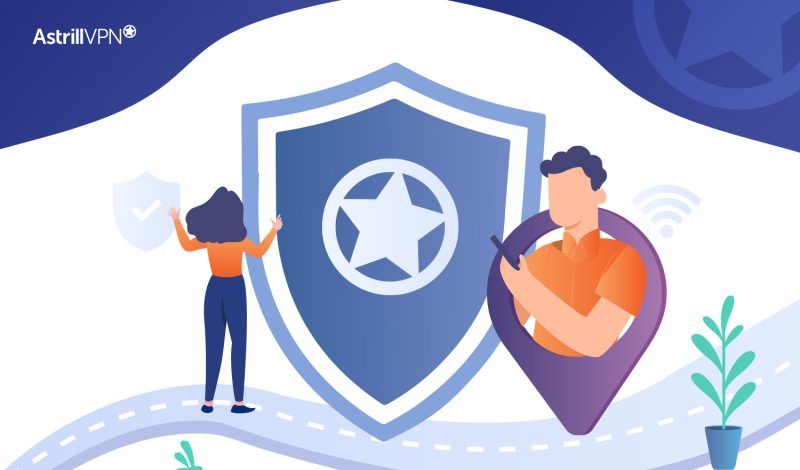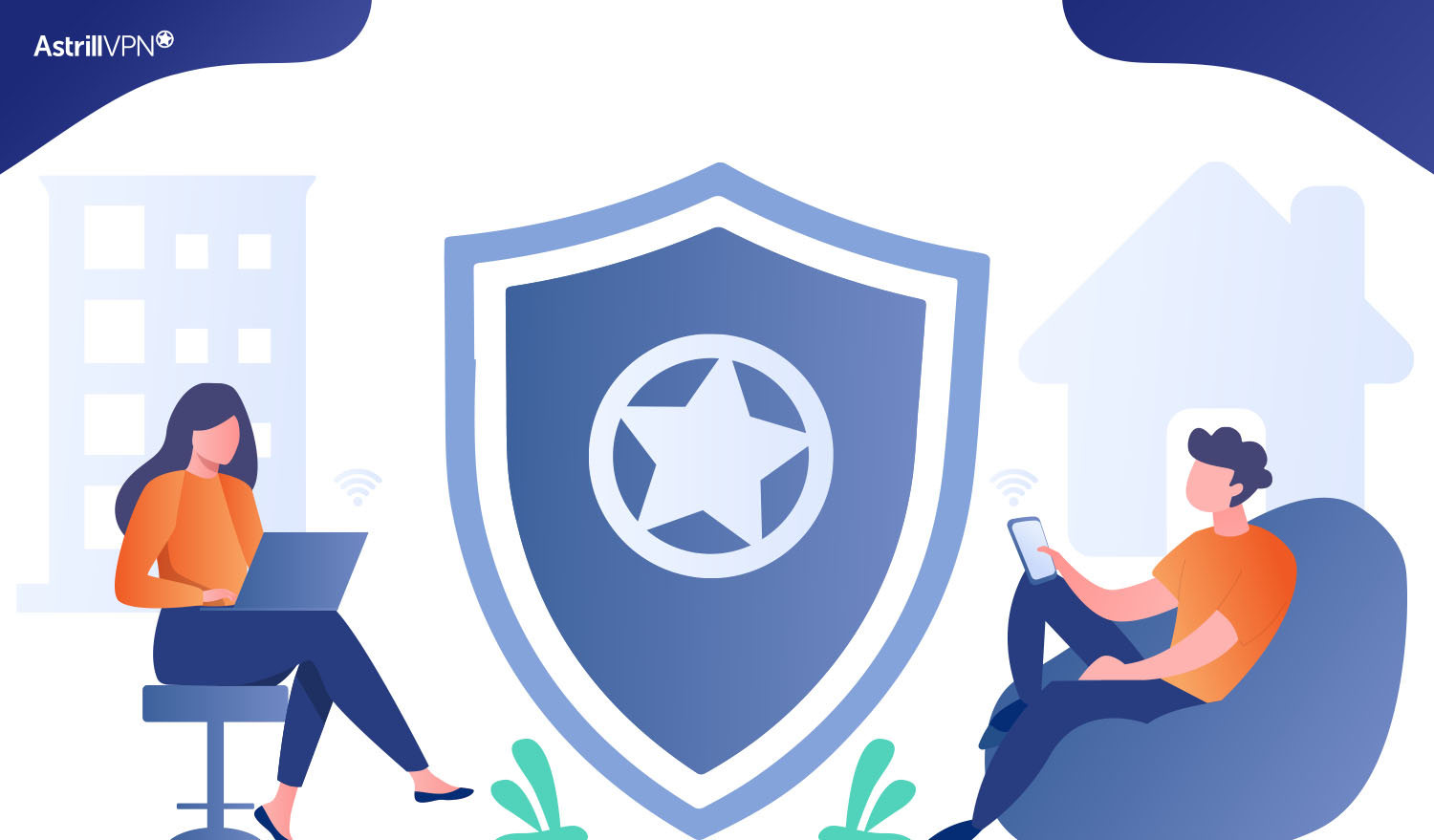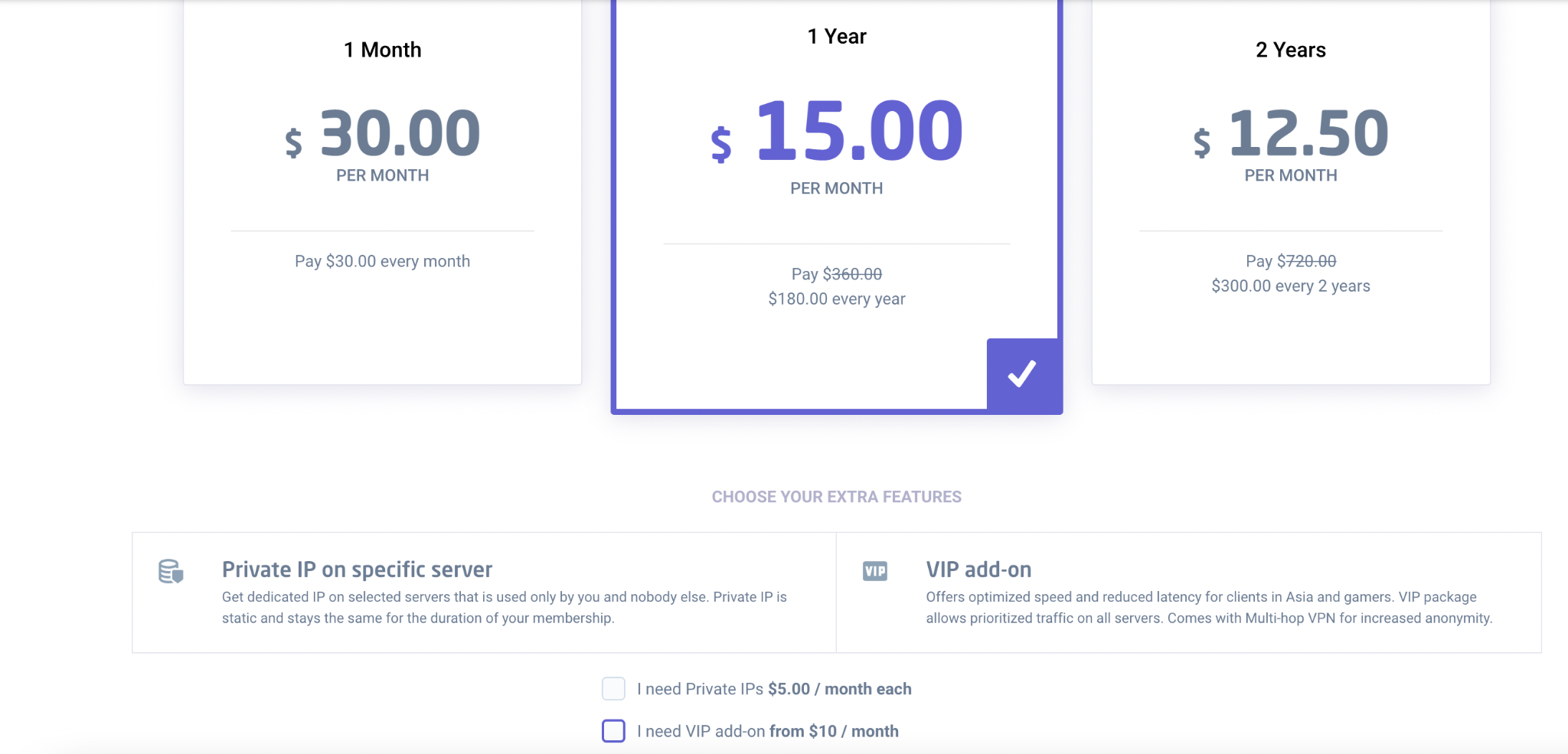Remote Access VPN: How It Can Benefit Home and Business Users

In this fast-paced world, mobile work is increasing, and the need for secure remote access is a constant issue faced by workers. That’s why remote access VPNs are becoming increasingly popular. Suppose you’re out of town on a business trip and realize you left your laptop charger at home. You need access to some files on your desktop but don’t want to haul your laptop around.
The solution is straightforward to find. If you have a remote access VPN, you can simply connect to your home or office network from any Wi-Fi and have full access to all of your files. If you don’t know what VPN access is, then it is a secure connection between your device and the internet where all your traffic is sent through an encrypted tunnel.
This article will discuss the benefits of a remote access VPN for both home and business users.
Table of Contents
What is Remote Access VPN
A remote access VPN allows users to securely connect to a private network from a remote location. It creates an encrypted tunnel between the user’s computer and the VPN server, allowing users to access resources on the particular network as if they were physically connected.
This can be extremely useful for business users who need to access sensitive data or files while away from the office or for home users who want to access their home network while on the go. A remote access VPN can also secure your public Wi-Fi network connection.
VPN VS Remote access VPN
Remote access VPN is a type of VPN. VPN is a private network available across the internet that involves installing a VPN app and routing all traffic through a server. Consumer VPNs are the most popular ones, like AstrillVPN.
How Does Remote Access VPN Work?
When you connect to a remote access VPN, you create a virtual private tunnel between the network and your device, even though you can use a public network. Your traffic is encrypted and routed through this tunnel, so your data is incomprehensible to any invaders.
Remote access VPNs are perfect for business users who need to access sensitive data while on the go. But they can also be used by home users who want to keep their data safe and secure. A remote access VPN is a great way to protect your family’s online privacy.
How to Securely Use a Remote Access VPN?
Security is of the utmost importance when using a public network. After all, you’re opening up your device and all the data stored on it to potential threats. But with the proper precautions in place, you can mitigate these risks and enjoy the benefits of a remote access VPN safely and securely. Here are a few tips to keep in mind:
- Make sure your antivirus software is up-to-date and fully functioning.
- Use a strong password and change it regularly.
- Restrict access to your VPN to authorized users only.
- Avoid using public Wi-Fi networks when connected to your VPN.
Benefits of Using a Remote Access VPN for Home and Business
There are several benefits of using a Remote Access VPN:
- One of the main benefits of using a Remote Access VPN is that it can provide a secure connection for you and your team regardless of where they are located.
- With a remote access VPN, all your data is encrypted and secured, which means even if someone intercepts messages between your team, they wouldn’t be able to access any sensitive information.
- This security can help home users protect all data, from banking details to private emails and photos.
- For business users, protecting confidential information such as customer data or trade secrets is crucial.
- Having a remote access VPN means you don’t need to sacrifice speed for security. Your team can send and receive large amounts of data quickly without sacrificing the safety of their connection.

Understanding the Different Types of Remote Access VPNs
Now that you understand how a Remote Access VPN works let’s talk about the different types of remote access VPN services you can choose from.
The three main types of Remote Access VPNs are: Dedicated IP (Private) VPNs, Shared IP VPNs, and Browser-Based VPNs.
1. Dedicated IP VPNs
Dedicated IP VPNs are the most secure and reliable as they provide a dedicated IP address for each user. This ensures that no two users can ever be assigned the same IP address making it impossible for anyone to track your online activity by tracking your IP address.
2. Shared IP VPNs
Shared IP VPNs use shared IP addresses, making them more vulnerable to being tracked by third parties. While this type of service is still more secure than not using a Remote Access VPN, it provides a different level of security than a Dedicated IP VPN.
3. Browser-Based VPNs
Browser-Based VPNs provide an additional layer of security by encrypting all data transmitted over the web browser. However, this service is best suited for casual web browsing and should not be used for business or sensitive activities.
Essential Components for a Secure Remote Access VPN Setup
Now that you understand the fundamentals of a secure remote access VPN, let’s review what you need to get one set up.
- Firewall protection is necessary to keep your network and local systems secure from online threats.
- Strong authentication; means setting up credentials with multi-factor authentication to verify access requests and prevent unauthorized logins.
- Consider setting up an encryption protocol such as IPSec or SSL/TLS for an added layer of security.
- A monitoring system to track activity can help detect any unusual activity and alert you quickly.
The Pros and Cons of Implementing a Remote Access VPN
When it comes to implementing a remote access VPN, there are pros and cons to consider.
- On the plus side, you can securely access private networks from any location. This means you can establish secure connections with clients and colleagues and transfer data securely when working remotely.
- Another advantage of a Remote Access VPN is that you don’t need to install software or hardware on your devices because all you need is an internet connection. This frees up time and resources to focus on other tasks. You will also benefit from increased security since your data is encrypted while being transferred over the internet.
- On the other hand, there are some potential downsides, such as slower connection speed due to the extra encryption layers added by the VPN and potential compatibility issues with specific devices or software.
- It’s essential to thoroughly research any security concerns before deciding what type of Remote Access VPN best suits your needs.
Configuring Your System for Setup and Usage
Once the software is installed, the next step is configuring your system for setup and usage. This is where you customize the settings to meet your security and remote connectivity requirements. Depending on your particular needs, you can select different protocols, such as IPSec or OpenVPN, configure user access levels and establish logging parameters.
It’s essential to understand any local firewalls, such as school networks or corporate security policies, as this could impact your ability to connect remotely. Additionally, you may want to look into setting up a VPN on multiple devices if you’re looking for mobile access. By understanding the setup process, you can take a proactive approach to ensure everything is working correctly and securely within your network.
How to configure Remote access via AstrillVPN’s Private IP?
AstrillVPN’s Private IP is the best remote access VPN for your home or business network. With Private IP, you can join an existing network without reconfiguring your network’s settings. Also, IP is not shared among hundreds of users. This is great for staying anonymous as it makes it harder to track the activity. The private IP feature gives your connection an extra layer of security by bypassing the public Wi-Fi’s ISP and keeping all of the data accessed at your home or business location safely encrypted, away from potentially malicious actors.
Also Read: Static IP vs. Dynamic IP
Using AstrillVPN’s easy-to-use interface, you can configure remote access via its Private IP feature quickly and easily.
- All you need to do is to choose the payment plan
- Select the Private IP box
- Select the country of the Private IP location
- Create an account by choosing strong credentials
- Continue to the checkout window
- Download the application and install it.
- Now sign in to the app by entering your username and password.
- Choose the server you want to connect to
- If you have a private IP, it will be denoted with a star in front of it.
- Once you have selected the server, turn On the VPN connection.
Now you have the VPN connection established, and your network is secure.

As all policy-based routing is enforced, you don’t need additional gateways or switches for support for the VPN connection to work correctly. This makes setting up your remote access via AstrillVPN quick, easy and secure, no matter what type of network you have at home or work.
Troubleshooting Common Issues With Remote Access VPN Solutions
When it comes to troubleshooting common issues with remote access VPN solutions, there are a few common problems that can arise. That’s why these are reasonable remote access solutions for small businesses.
- You may experience slow speeds or even complete connection drops. This could be due to congestion on the network or a faulty router. If this is the case, try resetting your router or changing its broadcast channel.
- Another issue you might experience is authentication errors when connecting to a remote access VPN. This typically occurs when an incorrect username/password combination or the VPN doesn’t recognize your device. To fix this, double-check your credentials and ensure that you have permission to use the VPN from your administrator if you are connecting from a business environment.
- If all else fails, try reinstalling the software and see if that fixes the issue.
What are alternatives to Remote Access VPN?
When working remotely, a virtual private network or VPN is a common solution for accessing your organization’s private network. However, there are alternatives to using a VPN for remote access.
Cloud Access Security Broker
One option is a cloud access security broker or CASB. A CASB acts as a security layer between cloud services and your network. It can provide visibility and control over user access to cloud apps like Office 365 and G Suite. CASBs offer features like data encryption, multifactor authentication, and activity monitoring.
Zero Trust Network Access
Another alternative is a zero-trust network access or ZTNA solution. ZTNA focuses on verifying the identity of the user and the security of the device before granting access. It provides granular access controls and only allows access to specific resources, rather than full network access like a VPN. ZTNA can be deployed on-premises or in the cloud.
Remote Desktop Solution
Remote desktop solutions are also a viable option. They allow users to remotely access and control a desktop environment from any device. Remote desktop applications offer features like two-factor authentication, session monitoring, and session termination. However, they are often limited to providing access to a single computer rather than an entire network.
Application-level access control
Finally, application-level access controls can provide remote access to specific enterprise applications without a VPN. They verify user identities and grant access on an app-by-app basis. This allows organizations to provide remote access securely to only the applications that remote workers actually need.
VPNs are a common solution for remote network access but CASBs, ZTNA, remote desktop tools, and application-level access controls can also meet remote access needs, often with improved security, granularity of access, and ease of use. Businesses should evaluate which option best suits their specific remote access and security requirements.
FAQs About Remote Access VPNs
Here are some commonly asked questions to consider when looking into using a remote access VPN for your home or business:
Q: Is a remote access VPN secure?
A: A secure Ethernet protocol with 256-bit encryption is used to secure data and ensure that only authorized users can access the network.
Q: Do I need additional hardware to use a remote access VPN?
A: Most remote access VPN services don’t require additional hardware.
Q: Can I connect multiple devices to my remote access VPN?
A: Yes, you can connect multiple devices to your remote access VPN as long as they are all compatible with the service you are using.
Q: Does a VPN work without Wi-Fi or data?
A: No, a VPN can’t work without Wi-Fi or data.
Conclusion
Even though every Remote Access VPN is different in some way, it can be a great way to keep your business data secure or access your home network while on vacation. If you’re looking for a way to unlock the benefits of a remote access VPN for your home or business, purchase Astrill VPN today to get VPN benefits with security.


No comments were posted yet